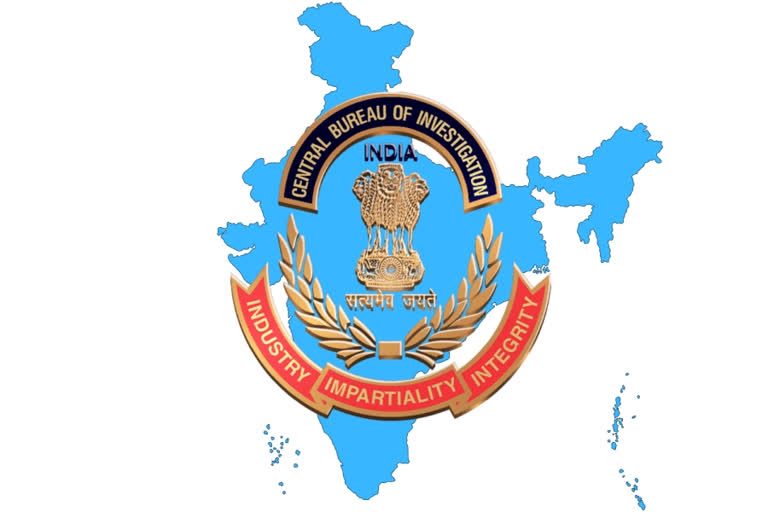New Delhi: Nine states, including Telangana and Meghalaya, have withdrawn general consent given to the Central Bureau of Investigation for probing certain offences, Union Minister Jitendra Singh said on Wednesday. As per section 6 of the Delhi Special Police Establishment (DSPE) Act, 1946, the CBI needs consent from the respective state governments to conduct investigations in their jurisdiction, he said in reply to a written question in Lok Sabha.
In terms of the provision of section 6 of the DSPE Act, 1946, the state governments have granted general consent to the CBI for the investigation of a specified class of offences against specified categories of persons, enabling the agency to register and investigate those specified matters, Singh, the Minister of State for Personnel, said.
Chhattisgarh, Jharkhand, Kerala, Meghalaya, Mizoram, Punjab, Rajasthan, Telangana and West Bengal have withdrawn general consent to the CBI to investigate cases, he added.
Meanwhile, the Ministers also revealed that the CBI has registered 15 cases on the allegations of derogatory posts on government and Constitutional functionaries since 2019. Out of these 15 cases, six cases are under investigation; while in 9 cases, 28 charge sheets have been filed against 28 accused persons, he said in a written reply to the Lok Sabha.
All the cases, in which charge sheets have been filed, are under trial, Singh said. "CBI has registered a total number of 15 cases on the allegations of derogatory posts on government and Constitutional functionaries since 2019 and up to 30.11.2022," he added.
The section 69A of the Information Technology Act, 2000 empowers the government of India to block information from public access under specific conditions of: (i) interest of sovereignty and integrity of India, (ii) defence of India, (iii) security of the State, (iv) friendly relations with foreign States or (v) public order or (vi) for preventing incitement to the commission of any cognisable offence relating to above, the minister's reply said.
Accordingly, the Ministry of Electronics and Information Technology (MeitY) is empowered to issue blocking directions after following due process as envisaged in the Information Technology (Procedure Safeguards for Blocking for Access of Information by Public) Rules, 2009, it added.



